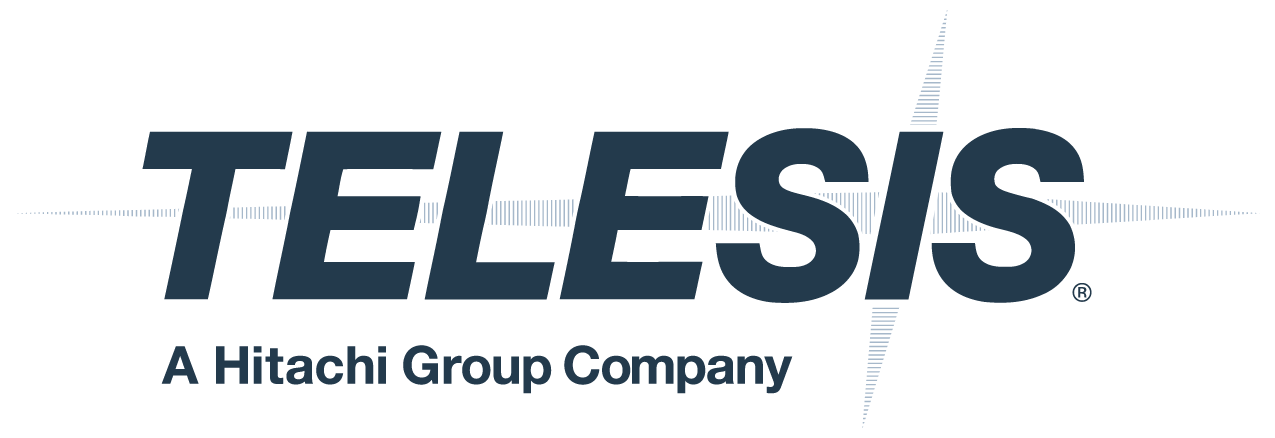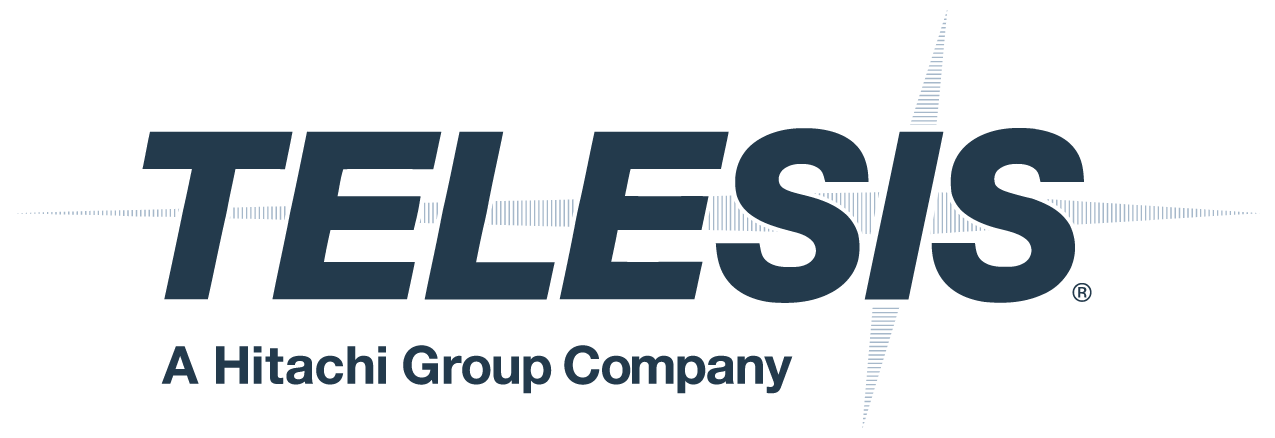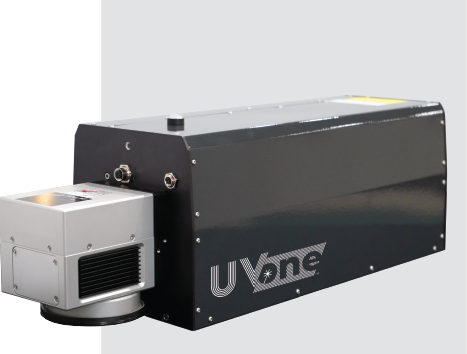Benefits of Laser Marker Machines
Discover the benefits of using laser marking systems for your industrial operations.
-
- Mark legibility: Our industrial laser markers create clear, high-precision markings that are easy to identify and read.
- High-speed marking: Laser marking systems work at high speeds, saving time and increasing operational efficiency.
- Precision: Laser marking is a non-contact process. These machines can create the most intricate markings without the risk of error.
- Versatility: You can use industrial laser markers to engrave identification codes, barcodes or logos on various materials, from metals to ceramics.
- Durability: Our laser markers are durable and wear-resistant, with the ability to withstand harsh environmental factors and operational conditions.
- Minimal consumables: Laser markers require little to no consumables during operation, which makes the process cost-efficient and environmentally friendly.
Types of Industrial Laser Markers
At Telesis Technologies, Inc., we design several industrial laser markers with outstanding features. Our key models include:
Dual-Head Laser System
As the name suggests, the dual-head laser system allows the operators to use two lasers with one controller. Due to the dual-head design, the system engraves faster and helps increase throughput.
Fiber Laser Markers
Fiber laser markers are versatile machines that are easy to use and require minimal maintenance. They are mostly used for engraving metal and plastic.
UV Laser Markers
Ideal for cold laser marking, our UV laser markers leverage a 355-nanometer wavelength to reduce heat-affected zones during the laser marking process.
Green Laser Markers
Green laser marking systems are perfect for applications that require high beam quality and stability. The machines have the necessary speed and power for scribing and trimming.
Vanadate Laser Markers
Vanadate laser markers have an excellent beam quality that works well for fine marking and heat-sensitive materials.
CO2 Laser Markers
CO2 laser markers are the perfect choice for high-duty cycle environments. Since these systems require zero consumables, they help speed up label and packaging operations.
Applications of Industrial Marking Lasers
Laser marking machines are compatible with a comprehensive array of organic and inorganic materials, making them suitable for countless applications.
Industries That Benefit from Commercial Laser Markers
Laser marking systems are applicable for various industries, such as:
- Aerospace
- Food and packaging
- Medical device manufacturers
- Automotive
- Construction and housing
- Consumer products
Buy High-Quality Laser Markers From Telesis Technologies, Inc.
Telesis Technologies, Inc. has a range of high-precision industrial laser markers for sale. Our customization capabilities and turnkey solutions make us a one-stop shop for all your laser marking requirements.











